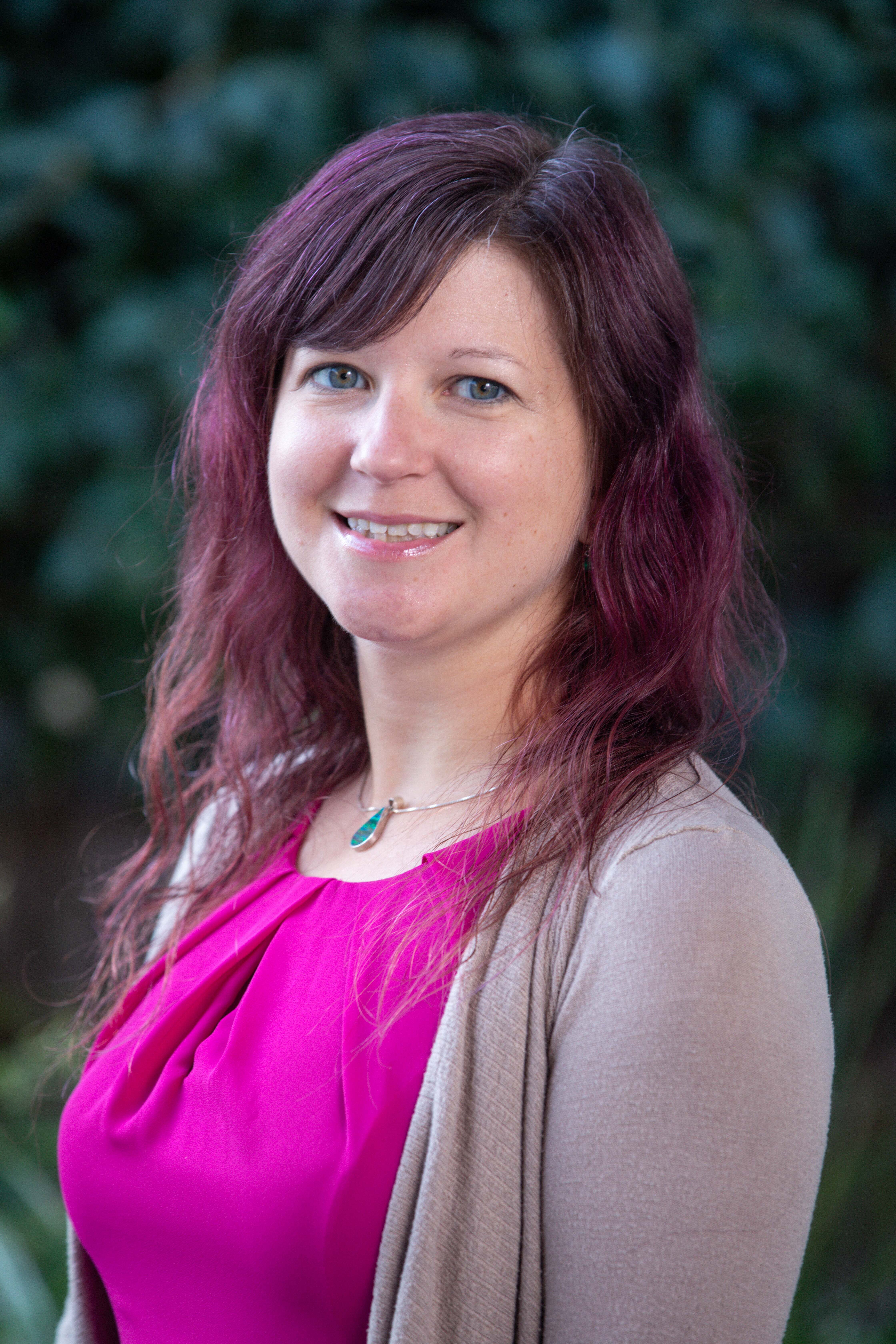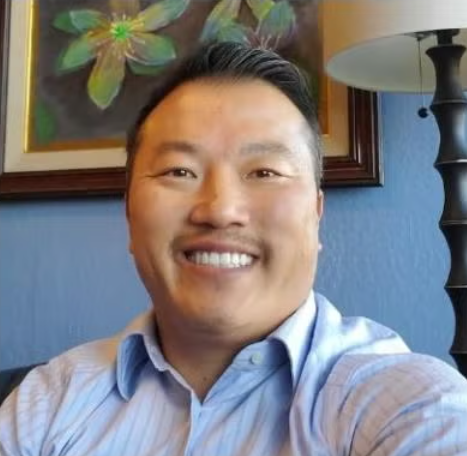Neuropsychology Emphasis
Science-Focused Diagnosis & Treatment
Memory. Concentration. Reasoning. Logic. Language. Perception. Personality. The impact of brain function on human behavior is endlessly fascinating – and it’s a great career path for science-minded psychology students.
You will work with medical specialists, clinicians, and researchers to assess and analyze brain structures and symptoms to pinpoint potential causes and treatments.
In addition to clients with psychiatric disorders, you will treat patients diagnosed with autism, epilepsy, and dementia, as well as concussions and other traumatic brain injuries.
Neuropsychology Emphasis Objectives
According to guidelines adopted by the Division of Clinical Neuropsychology (Division 40) of the American Psychological Association (APA), the basic education and training of a clinical neuropsychologist includes:
- Successful completion of a doctoral level degree in psychology from a regionally accredited program
- Successful completion of systematic didactic education (course work in neuropsychology and neuroscience)
- Supervised experiential training (practica, internships) in clinical neuropsychology, including two or more years of supervised training (usually post-doctoral) applying neuropsychological services in a clinical setting
>Please click here for a link to the Society for Clinical Neuropsychology's doctoral student worksheet, which provides students a framework for planning their doctoral training goals in preparation for internship and postdoctoral training in neuropsychology.
>Students may also find it helpful to review this recent survey of the expectations of internships offering neuropsychology training, conducted by PAU's own Dr. Rayna Hirst and her graduate students, in preparation for their own internship applications.
The courses required as prerequisites and offered in the Area of Emphasis fulfill the didactic education criteria listed above as approved by Division 40. Learn more about APA Division 40 guidelines.
The required graduate-level courses in this area include prerequisites and specialized courses in neuropsychology.
Curriculum and Requirements
Curriculum
The courses required as prerequisites and offered in the Area of Emphasis fulfill the didactic education criteria listed above as approved by Division 40. Successful completion of the Neuropsychology Area of Emphasis at PAU is only one component in the education and clinical training necessary to become a clinical neuropsychologist. Further specialty preparation is expected at the pre-doctoral internship and post-doctoral level. Learn more about APA Division 40 guidelines.
Planning Your Schedule
Applications to the Neuropsychology Area of Emphasis open each fall, with the curriculum beginning the following spring. You will need to plan your schedules carefully in order to take the complete sequence during your time on campus – including the two summers of study.
Prerequisites
You must complete the prerequisite course work at PAU (or equivalent course work from another institution) with no grade in any prerequisite course below an “A-”.
Required courses include:
- ASMT800 Psychopathology and Psychodiagnosis I
- ASMT818/819 Psychopathology and Psychodiagnosis II
- PSYS805 Psychological Science II: Biological Bases of Behavior I: Biological Psychology
- ASMT810 Psychometric Theory
- ASMT809 Intellectual Assessment
- ASMT826 Assessment of Psychopathology
- ASMT815 Assessment of Personality
You can take these courses after applying to the Area of Emphasis; however, low grades in these courses may be grounds for probation status and/or dismissal from the Area of Emphasis.
Course Requirements
The following courses must be taken in the order listed. You cannot register for these classes until you have been accepted into the Neuropsychology track (typically winter of your second year). All neuropsychology track classes are held on Tuesdays.
- ASMT 860 Neuropsychological Assessment I (3 units - Spring 2nd Year) - Required
- ASMT 861 Neuropsychological Assessment II (3 units - Summer 2nd Year) - Required
- ASMT 862 Clinical Neuropsychology I (3 units - Fall 3rd Year) - Required
- ASMT 863 Clinical Neuropsychology II (3 units - Winter 3rd Year) - Required
- ASMT 864 Neuroanatomy and Neuroimaging (3 units - Spring 3rd Year) - Required
- ASMT 865 Cognitive Rehabilitation (3 units - Summer 3rd Year) - Optional w/substitution
The first five classes of the Neuropsychology sequence are required. The sixth class is optional, and may be substituted with a neuropsychology-related elective (e.g., a class in Forensic Psychology, Health Psychology, Child and Family Assessment, Trauma, etc.). The Director, Dr. Hirst, must approve the substituted elective class.
Please note: Given the heavy workload of the first class in the track, I strongly recommend that you schedule as few classes as possible during Spring quarter of your second year. Ideally, your only classes should be the required course ASMT 815 Assessment of Personality and ASMT 860 Neuropsychological Assessment I.
Progress Assessment
Once admitted to the program, you must complete the full sequence of courses to complete the Area of Emphasis. Progress is evaluated on an ongoing basis and any grade below a A- in a class within the Neuropsychology or Assessment curriculum will result in a placement on probation status.
A grade below a A- in a Neuropsychology or Assessment course while on probation status may be grounds for dismissal from the Area of Emphasis.
Neuropsychological Testing Class
You will be required to administer neuropsychological test batteries to one or two subjects per quarter for each of the Assessment “ASMT” courses.
It is often difficult for students to locate subjects on short notice if they attempt to do so on a quarter-by-quarter basis. This means you will need to plan ahead to secure volunteers or set up a placement site (or more than one site) where you can test subjects.
- If the subjects are volunteers, no clinical supervisor is needed since no report will be issued to a clinical agency or patient.
- If the subjects are actual clinical cases at an agency, you must arrange for supervision/co-signing of clinical assessment reports by a licensed psychologist other than the course instructor.
For more information, contact the Director of the Neuropsychology Area of Emphasis.

Rayna Hirst, PhD, Director, Neuropsychology Program | Professor of Psychology
Dr. Rayna Hirst's BRAIN lab (Behavioral Research and Assessment In Neuropsychology) conducts research in brain-behavior relationships and neuropsychological assessment.
Outside the Classroom
Students must complete an official practicum placement (one year of full or supplemental) in a setting that provides clinical neuropsychological experience in their 3rd or 4th year.
PhD students who plan to take the Neuropsychology Area of Emphasis need to plan their schedules carefully in order to be positioned to take the complete sequence during their time on campus; two summers of study are required. A complete offering of this sequence begins every spring.
Students in the Neuropsychology Area of Emphasis must complete a dissertation that makes a scientific contribution to the field of neuropsychology.
Completion of the Neuropsychology Area of Emphasis will be granted following the completion of all coursework requirements, completion or securement of a neuropsychology practicum, and approval of the dissertation proposal by the dissertation committee.
In addition to these courses, students in the Neuropsychology Area of Emphasis are expected to engage in other professional activities to advance their knowledge in the field.
This includes membership in the Association for Neuropsychology Students in Training as well as other professional organizations (e.g., APA Division 40) and attendance at PAU Neuropsychology Grand Rounds.
Application
Students can apply to the Neuropsychology Area of Emphasis each fall to begin the curriculum the following spring. Applications are available here and are due on the last day of fall quarter. No late applications will be accepted. Grades (both overall and in the prerequisite courses), references, curriculum vitae, and overall fit with the program will be considerations in decisions to accept students.
If you are a graduate student at PAU, in at least your second year of the program, please complete your application to the Neuropsychology Area of Emphasis. Applications should be submitted to Dr. Hirst and are accepted starting in the middle of the Fall Quarter of your Second Year, with a Due Date of the Last Day of Fall Quarter.

PAU Alumna & Neuropsychologist Experiences TBI Firsthand
Mylea Charvat, PhD, became interested in the brain as a teenager, when her grandmother showed signs of memory loss. Her work recently became even more personal when she was involved in a bicycle accident that left her with a traumatic brain injury (TBI).

PAU Marks Autism Awareness Month with Alumnus Joshua Heitzmann
“The neuropsych program trained me to be comprehensive, precise, and to evaluate people in ways that others cannot. The rigors of training and highly competent and outstanding mentors also contributed to my current level of knowledge,” said Heitzmann.

